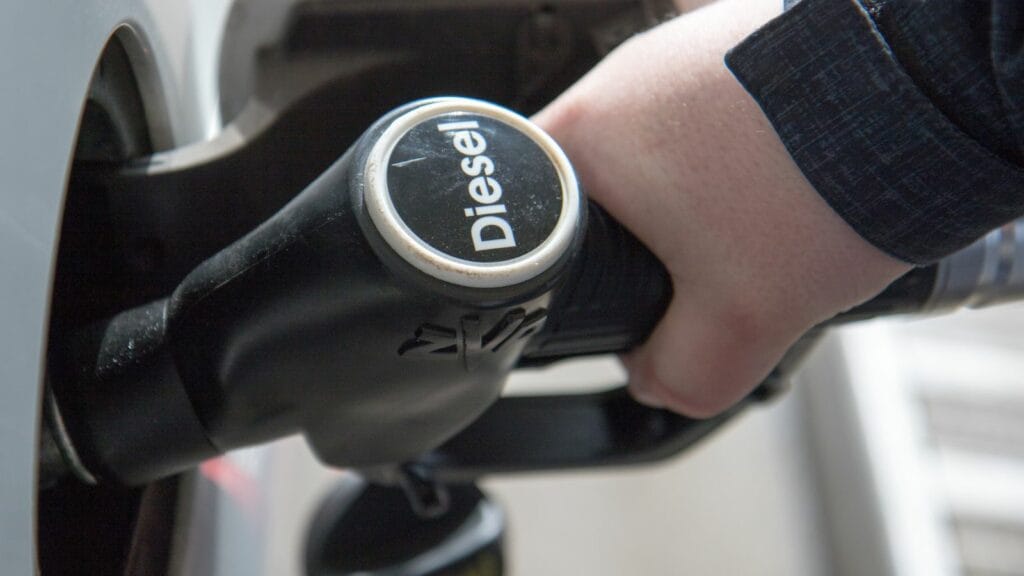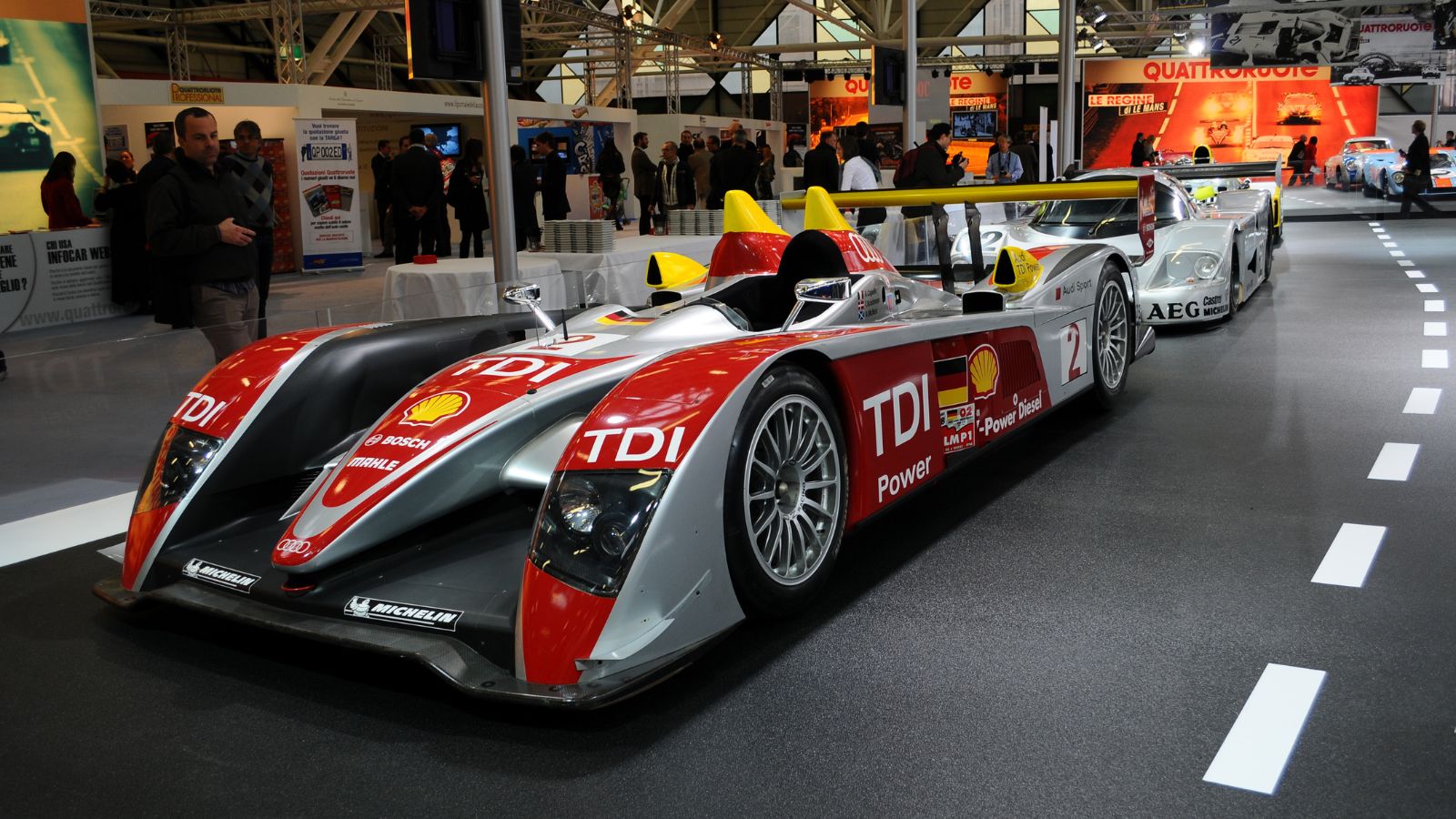Diesel engines have always been the misunderstood rebels of the automotive world, loved by some, doubted by others, and wrapped in more myths than a campfire ghost story. Depending on who you ask, they’re either clunky tractor motors or unstoppable torque machines. It’s time to cut through the haze, literal and figurative, and uncover the biggest diesel myths, with a smile along the way.
Diesel Engines Are Always Slow
Sure, if you are talking about a 1980s Mercedes 300D with all the urgency of a sloth on vacation, this one had some truth. But modern turbo diesels? They will rip your perception of “slow” to shreds. The Dodge Ram with a Cummins turbo diesel can haul a mountain, a fishing boat, and the family cabin in one go — and still beat a few hot hatches off the line. Even in the car world, the BMW 335d proved a diesel can make your head snap back like a rollercoaster launch.
Diesel Fuel Is Dirty and Smelly

Yes, granddad’s farm truck used to smell like it had been bathing in burnt bacon grease, but that was decades ago. Ultra-low sulfur diesel has turned the tables, making modern diesel fuel much cleaner. Advanced injection systems also mean you are no longer enveloped in a fog of exhaust every time you start the engine. Unless you purposely want to smell like a harbor tug, modern diesel fuel has you covered.
Diesels Cannot Handle Cold Weather

Early diesels hated the cold so much they could have been mistaken for tropical reptiles. They would cough, groan, and refuse to start like a teenager avoiding school. Now? Modern glow plugs, fuel additives, and block heaters make winter starts much less dramatic. A current Ford Super Duty diesel will start in a snowstorm faster than you can find your ice scraper — unless you tried it in minus 40 without plugging it in, in which case, that’s on you.
Diesel Engines Are Only for Trucks
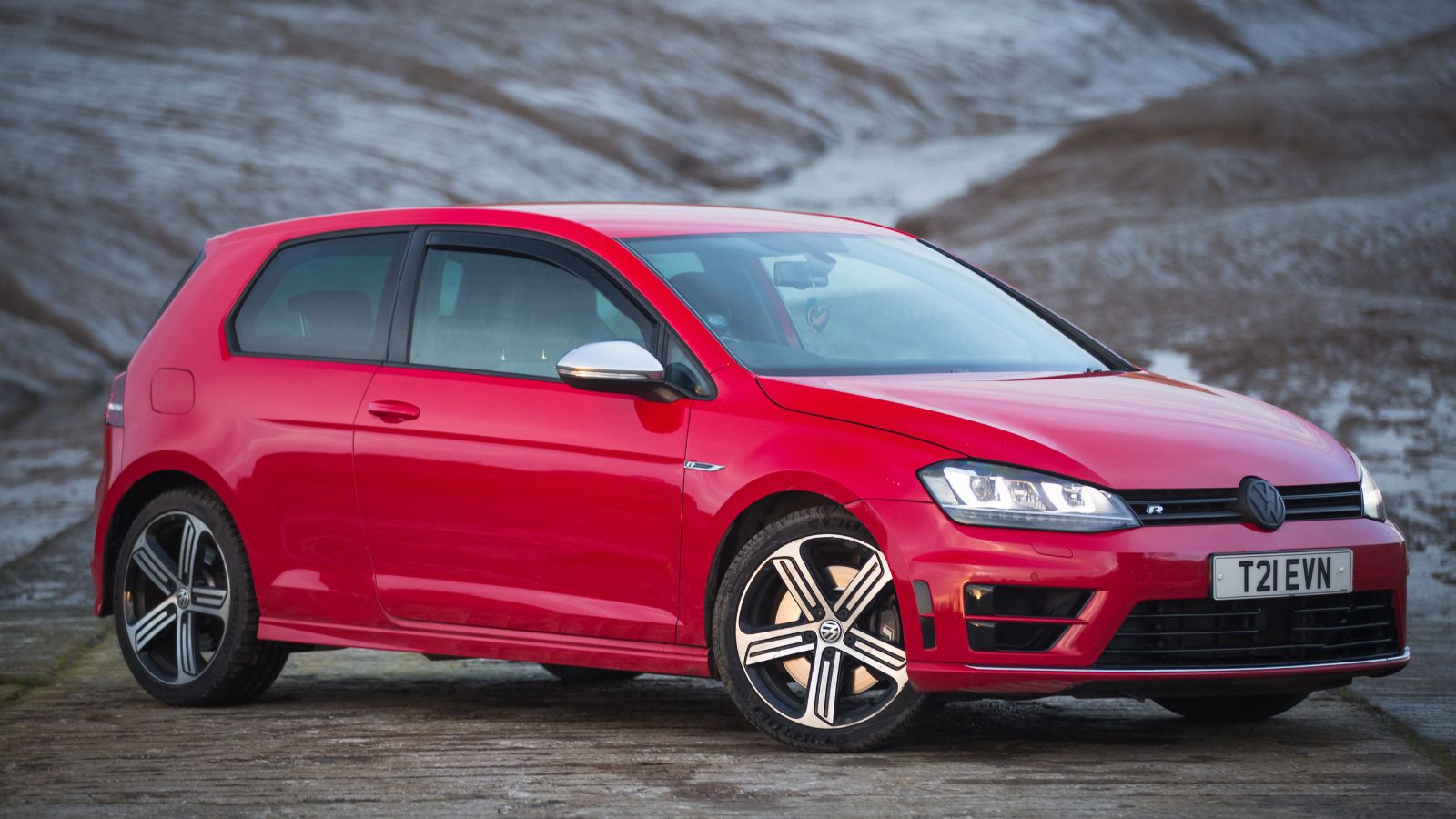
This is like saying coffee is only for mornings. Yes, trucks love diesels, but so do plenty of cars. The Volkswagen Golf TDI, Audi A3 TDI, and BMW 535d all proved that you can have torque-rich acceleration in a comfortable sedan or hatchback. In Europe, diesel sedans and wagons are practically royalty, pulling huge highway mileage while keeping fuel bills low.
Diesel Engines Are Noisy and Shake Like Crazy
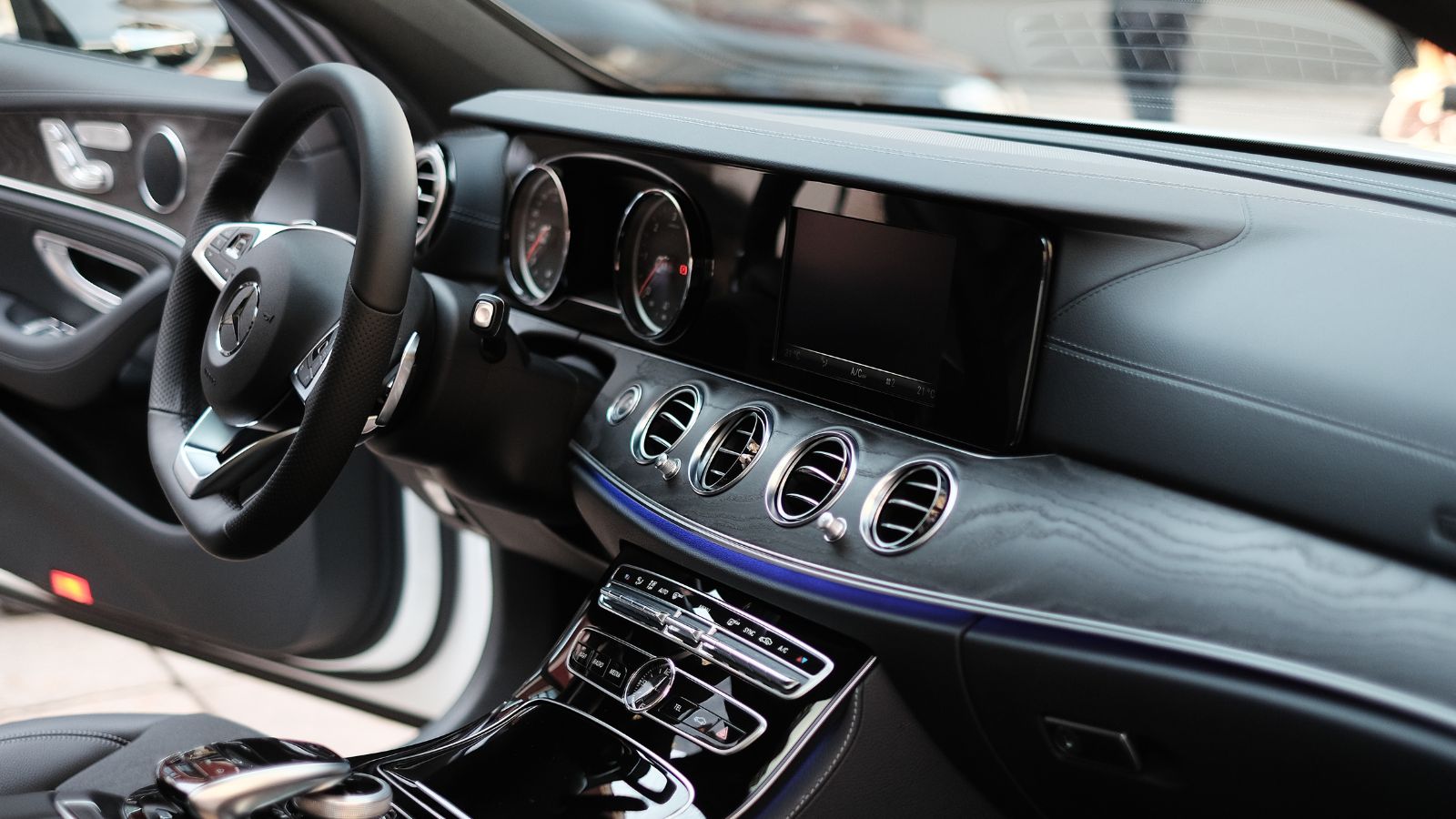
Old-school diesels clattered like a coffee can full of bolts, and if you idled next to one at a stoplight in the 70s, you probably thought it was about to fall apart. But now? A modern Mercedes E-Class diesel is so smooth you would have to check the tachometer to be sure it’s running. With balance shafts, sound insulation, and precise injection timing, they have become whisper quiet.
They’re Bad for the Environment

If you are picturing a 1990s Dodge Ram belching soot like a steam train, you are living in the past. Modern diesels with particulate filters and selective catalytic reduction (using urea injection) are shockingly clean. Under some conditions, they even produce less CO₂ than a gasoline equivalent. Yes, “Dieselgate” dented their reputation, but that was about sneaky software, not the underlying tech.
Diesel Engines Are Expensive to Maintain
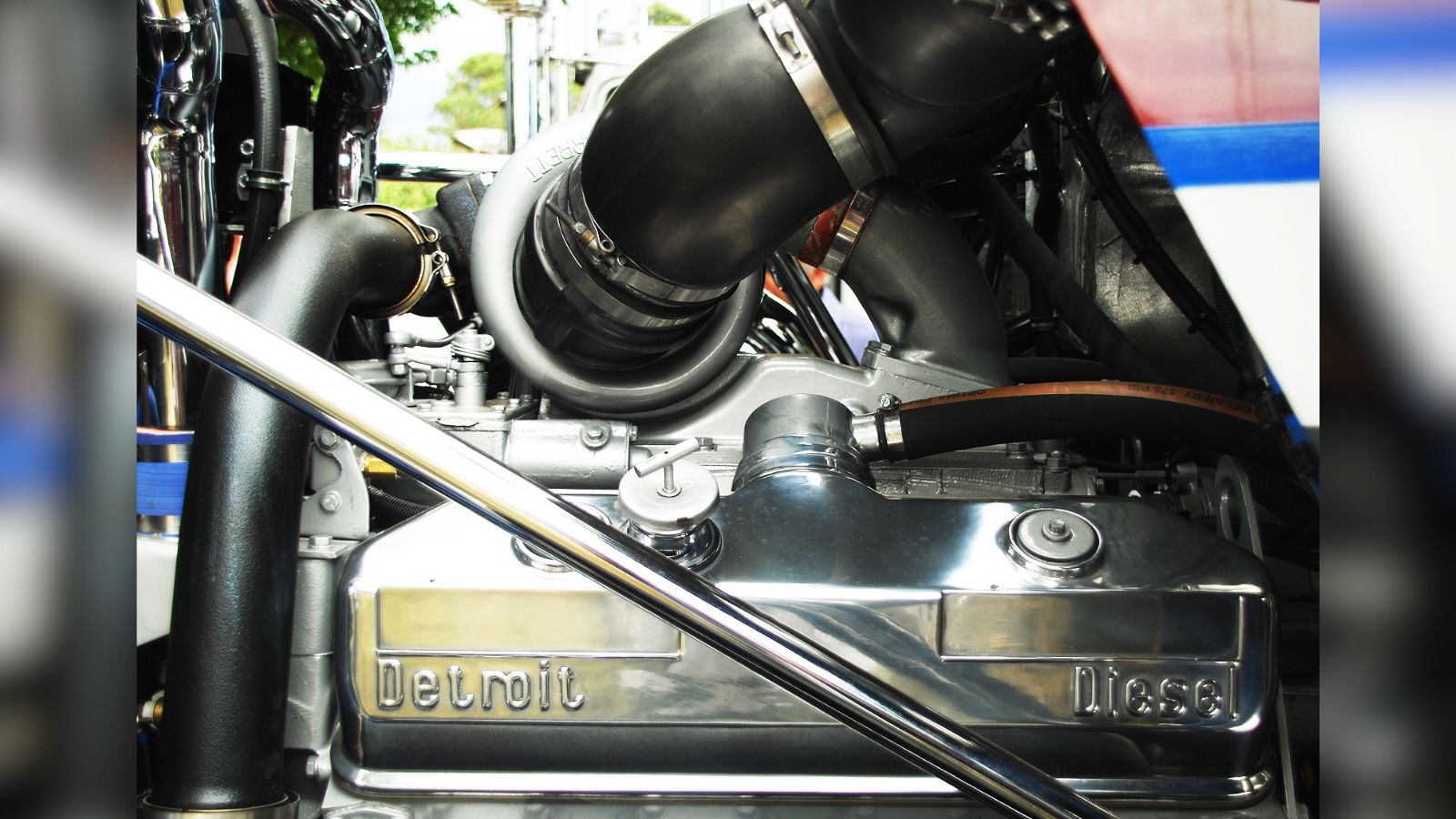
It is true that injectors, fuel pumps, and turbos can be costly, but if you take care of a diesel, it can last well over 400,000 miles. Compare that to replacing multiple gas engines over the same period and suddenly diesel ownership looks like a smart investment. Change the oil on schedule, keep your fuel clean, and you might be driving that truck long after your neighbors have bought their third crossover.
They’re Slower Than Gas Engines at the Top End
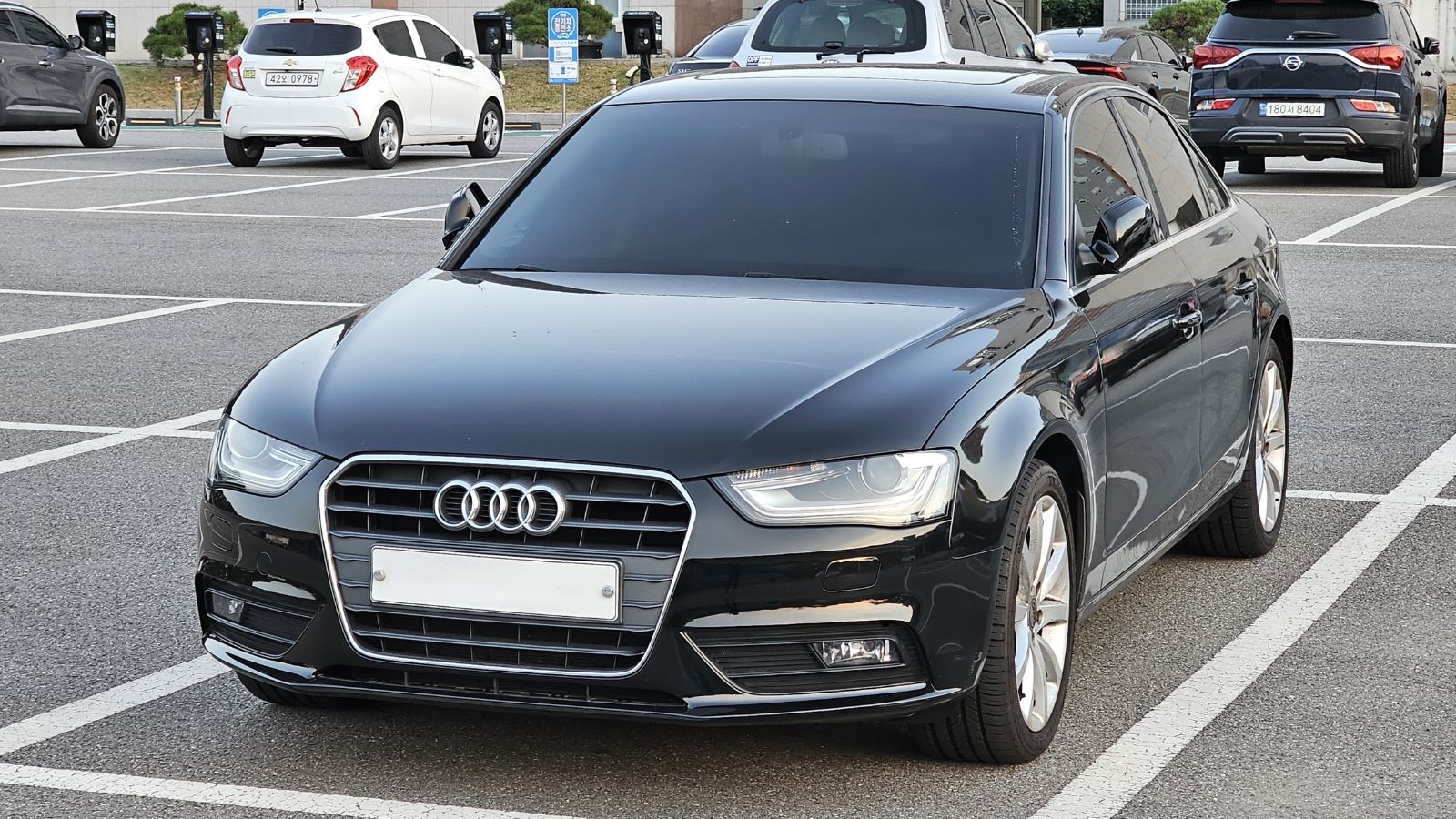
Diesels typically have lower redlines, but that does not mean they cannot move. A tuned Audi A4 TDI can surge past 130 mph with ease. Torque is where diesels shine — that punch in the back at low revs is addictive. And when you are cruising on the highway, they will hold speed with a relaxing hum, sipping fuel while your gas-powered friends stop for yet another refill.
Diesel Cars Are Going Extinct

While the North American passenger car market has shifted away from diesels, they are still thriving in commercial fleets, agriculture, and overseas markets. In fact, if you want something with insane range and the ability to tow a house, a diesel is still your best bet. And thanks to import rules, more legendary diesel models are trickling into North America every year.
Diesel Engines Are Only for People Who Tow
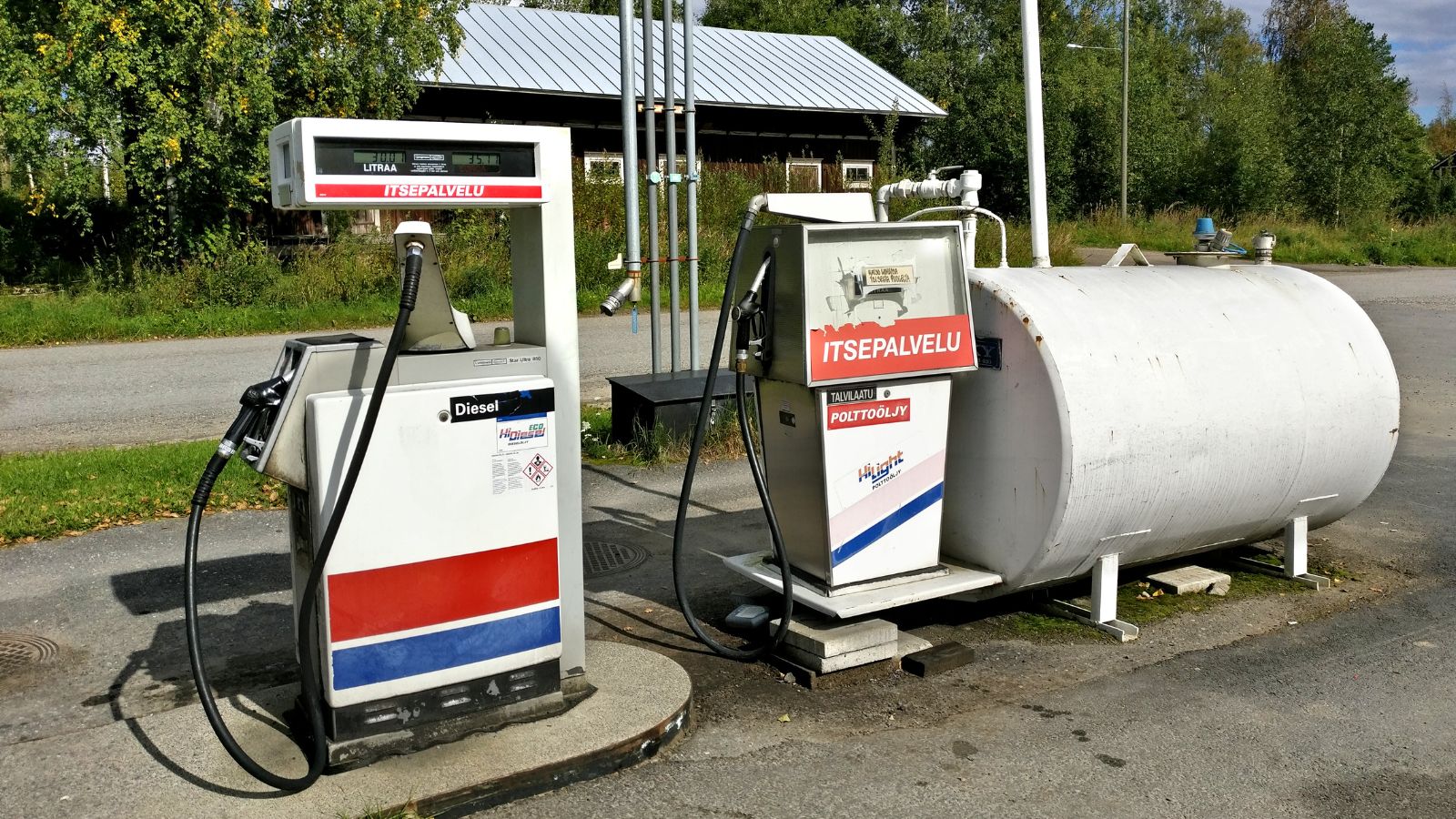
Yes, diesels are the kings of towing, but they are also fantastic for overlanding, cross-country road trips, and fuel-efficient commuting. That torque makes every trip effortless, whether you are towing a horse trailer or just trying to get through rush hour without burning a gallon every 15 minutes.
Diesel Engines Are Boring
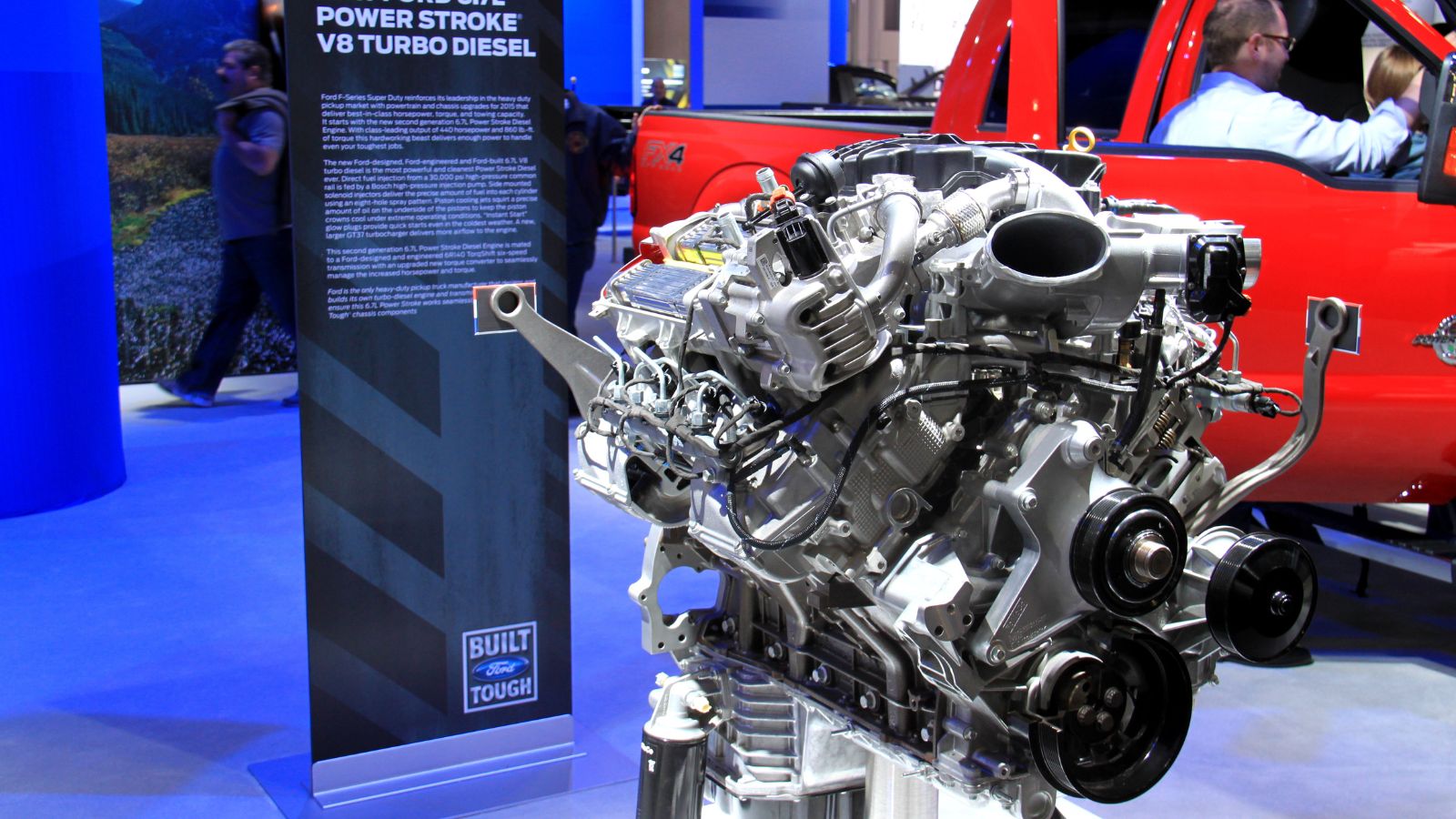
If you have never heard a turbo diesel spool up while delivering a mountain of torque, you might think they are all work and no play. The truth? Plenty of diesel owners will tell you that the surge of low-end grunt and the whistle of the turbo can be more fun than winding out a gas engine. It is a different kind of thrill, but a thrill nonetheless.
Diesels Are All the Same
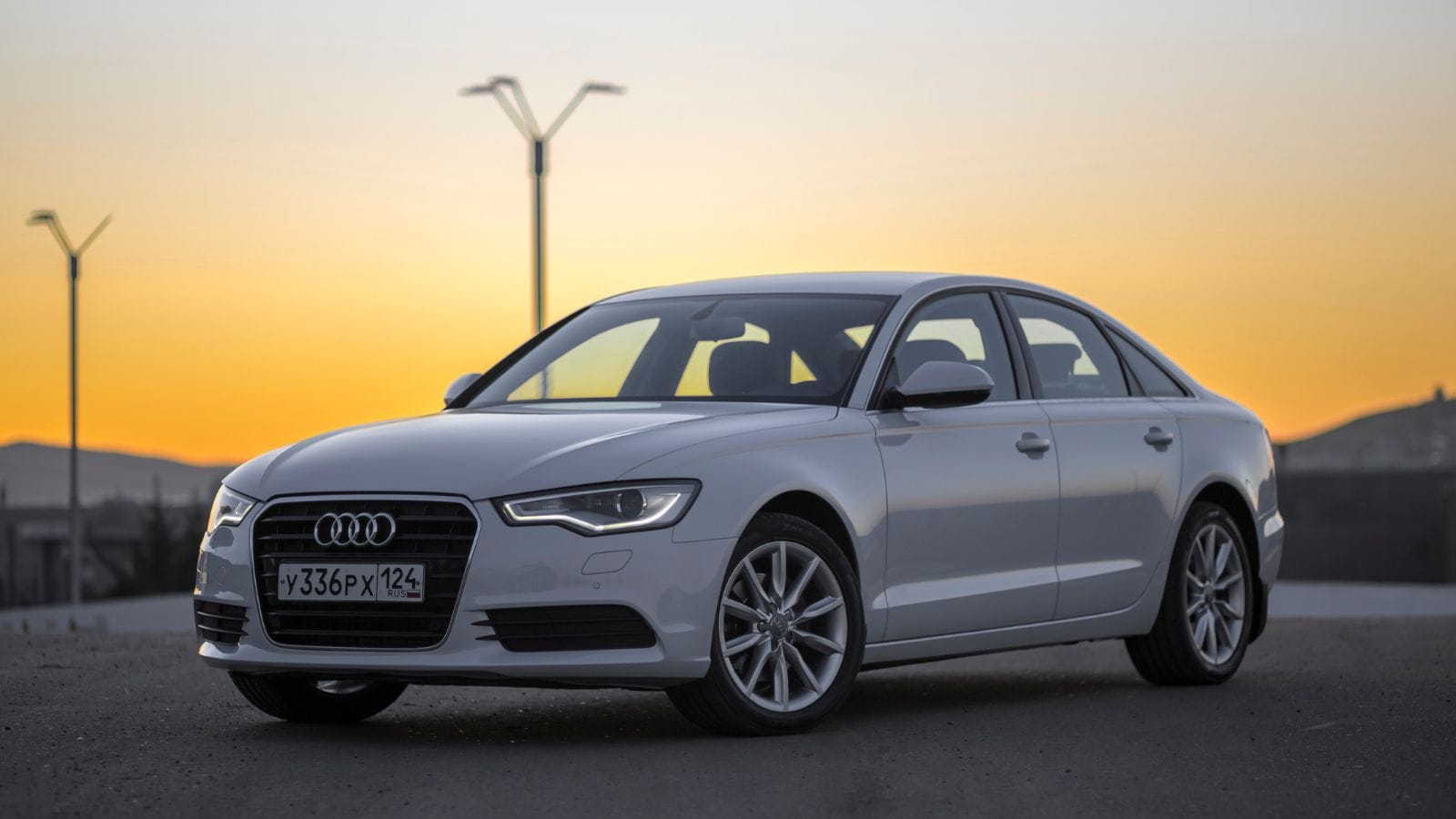
From tiny 1.5-liter diesel hatchbacks to massive 16-liter truck engines, the diesel family is huge. Some are quiet, some are loud, some are built for endurance races like Le Mans, and some are meant to work in the fields all day. Painting them all with the same brush is like saying all dogs are the same because they have four legs.
25 Facts About Car Loans That Most Drivers Don’t Realize

Car loans are one of the most common ways people fund car purchases. Like any other kind of loan, car loans can have certain features that can be regarded as an advantage or a disadvantage to the borrower. Understanding all essential facts about car loans and how they work to ensure that you get the best deal for your financial situation is essential. Here are 25 shocking facts about car loans that most drivers don’t realize:
25 Facts About Car Loans That Most Drivers Don’t Realize
